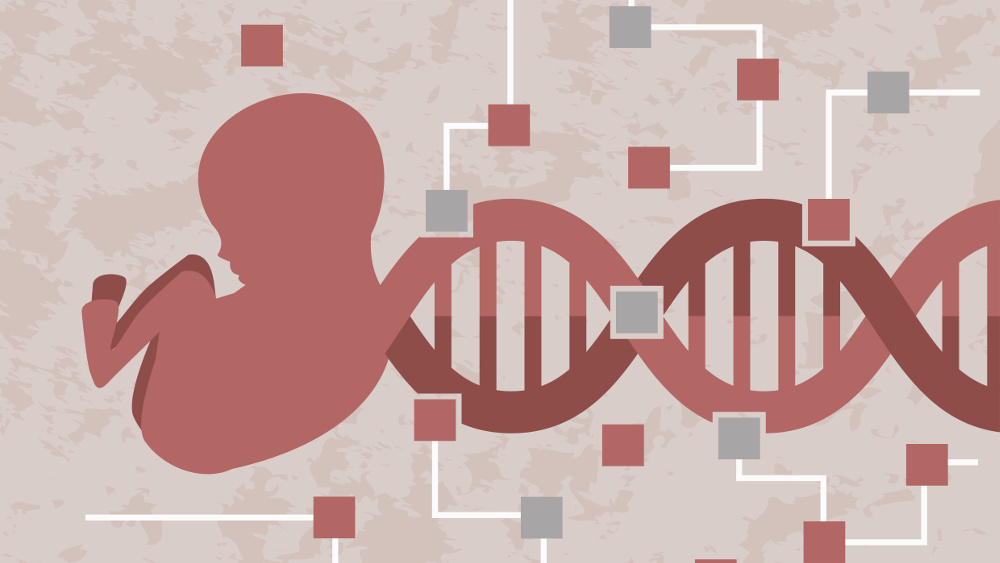
Qiagen joins Newborn genomic screening of NHS
The aim of this unique initiative, part of the so-called Generation Study, is to sequence the genomes of 100,000 newborns in England to enable the early detection of over 200 selected conditions and to accelerate the treatment of rare diseases.
While several companies are involved in providing sequencing equipement and other laboratory devices and kits, using its Clinical Knowledge Base, Qiagen proclaims to be the only company providing clinically relevant data on gene variants included in the corresponding point-of-care sequencing test. With the launch of the tests, this content supports rapid variant interpretation and precise reporting of sequencing results.
As part of the Generation Study, the genomes of 100,000 newborns will be sequenced and analysed for a range of selected genetic conditions that can impact health in early childhood. The national study began in October 2024 and will screen newborns for more than 200 treatable conditions, affecting around 3,000 infants annually in England. By identifying treatable, rare conditions shortly after birth, early interventions become possible like never before. Such early intervention could significantly improve outcomes, potentially slowing disease progression and, in some cases, extending lives.
Professor Dame Sue Hill, DBE FMedSci FRSB FRCP(Hon) FRCPath (Hon) FHCS (Hon) is the Chief Scientific Officer (CSO) for England and a respiratory scientist by background. Throughout her career, she has led on large-scale priority programmes across government and in NHS England, including serving as the senior responsible officer for Genomics in the NHS. She played a key role in introducing a world-leading and nationwide Genomic Medicine Service, building on her work in heading up the NHS contribution to the 100,000 Genomes Project. She has also played a pivotal role in the national COVID-19 programme leading the development and deployment of testing technologies into use for the UK population and co-directing the whole-genome sequencing of SARS-CoV-2 programme.
The cooperation with Qiagen (The Netherlands, Germany) is reflecting on their broad experience on curated data of each single known gene. “When screening newborns for rare diseases, there can be no room for error,” says Dominic John, Head of QIAGEN Digital Insights. “We are proud to be the only company collaborating with Genomics England on this groundbreaking programme, providing newborns across the UK with nationwide access to powerful whole genome sequencing and potentially improving the health of thousands of families.”
The study aims to detect conditions such as metachromatic leukodystrophy (MLD) in babies at an early stage, enabling hundreds of children to receive a quicker diagnosis and treatment. This could slow the progression of rare diseases and increase life expectancy.
“Interpreting genetic variants is crucial for the Generation Study. It aims to identify over 200 conditions in babies who initially show no symptoms, with signs appearing later in childhood,” says Dr Ellen Thomas, Chief Medical Officer at Genomics England. “With expert-curated content for each gene tested in the study, QIAGEN is helping us securely deliver results to participants.”
The QIAGEN Clinical Knowledge Base provides comprehensive genomic content, manually curated by experts. Rather than investigating and interpreting each variant in real time based on evidence in the medical literature, newborn sequencing benefits from pre-curated knowledge, which can be easily compared to the DNA of each newborn. Since the start of the programme in autumn, thousands of samples have been collected at various NHS hospital sites across England.



 Qiagen
Qiagen adobe stock - peterschreiber.media
adobe stock - peterschreiber.media